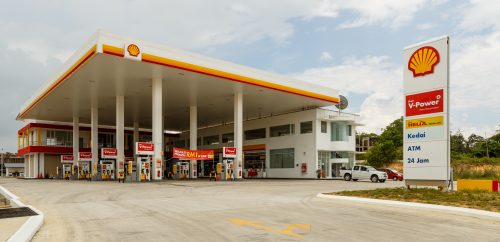Thanks to researchers at the Technion: a dramatic reduction of fuel leaks to the ground

Fuel is an essential resource for the existence of modern life, yet it is also a dangerous poison; Its penetration into the body can lead to a series of health damages including cancer and damage to the nervous system, the immune system, fertility, liver, kidneys and red blood cells. Therefore, Israel and other countries set limits on the dosage of fuel components in drinking water.
The fuel components reach the drinking water from leaks from fuel tanks and damaged pipes. The fuel that seeps into the ground and the groundwater (the aquifer) may reach the human body not only through drinking the water but also by inhaling the fuel vapors in the ground and from contact with the contaminated ground. Benzene, one of the dangerous substances that make up the fuel, does not break down quickly and may migrate through the ground for a distance of tens of meters and thus reach open public areas and even private gardens.
Due to these risks, in 1997 the Ministry of Environmental Protection established the water regulations, which focus on preventing water pollution with fuel. The office also contacted experts from the Davidson Faculty of Industrial Engineering and Management at the Technion and asked to receive the following services from them: monitoring of the underground infrastructure (fuel tanks and pipelines) at gas stations, monitoring of repairs and replacement of the facilities found to be leaking, control and providing engineering solutions regarding the testing methods the difference
Following the implementation of the recommendations of the Technion experts, in the last 16 years there has been a dramatic reduction in the total volume of fuel leaks in Israel, mainly in leaks from gas stations. The ministry estimates that thanks to these moves, the total amount of leakage has been reduced by at least 1,000 cubic meters per year (in the last 12 years), and this is thanks to the monitoring and treatment of underground tanks and the underground piping at the gas stations. In other words, within 12 years the leaks were reduced by a total rate of more than 10,000 mXNUMX.
The technical research team includes Prof. Dov Ingman (head of the group), Dr. Haim Michlin and Ms. Yelena Leshchenko.

One response
1000 m1000 out of how many? There is a huge difference if 2000 out of 100,000 or out of XNUMX were saved.